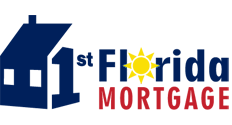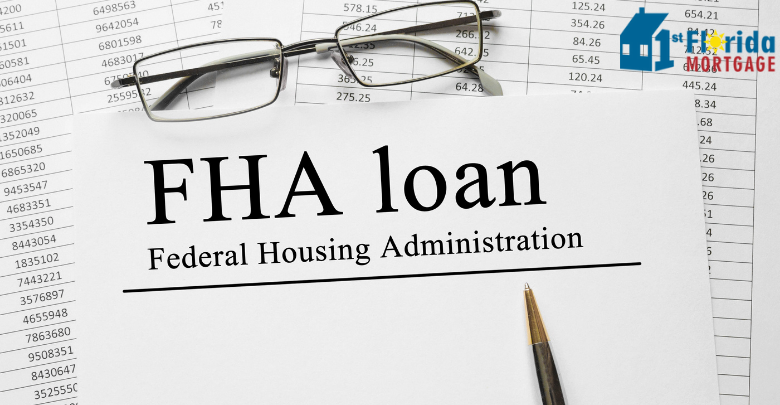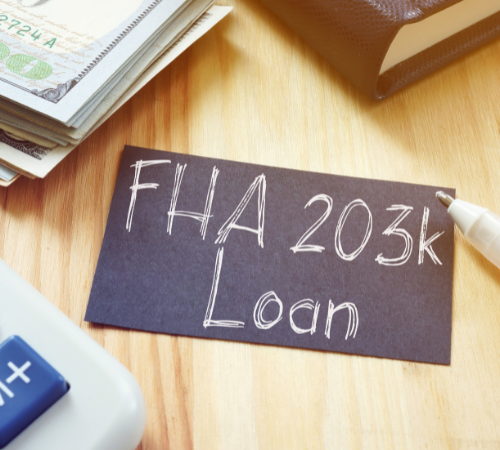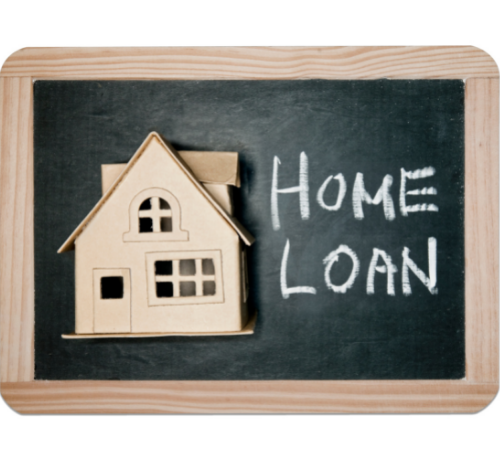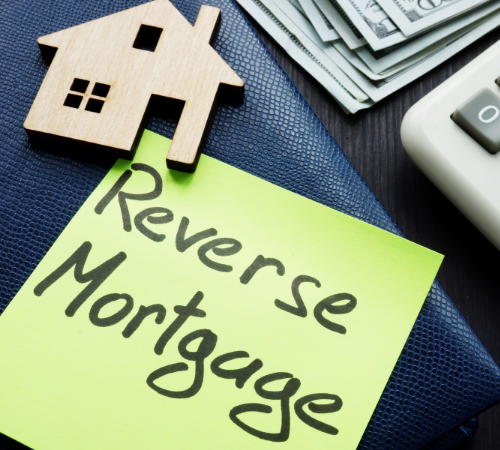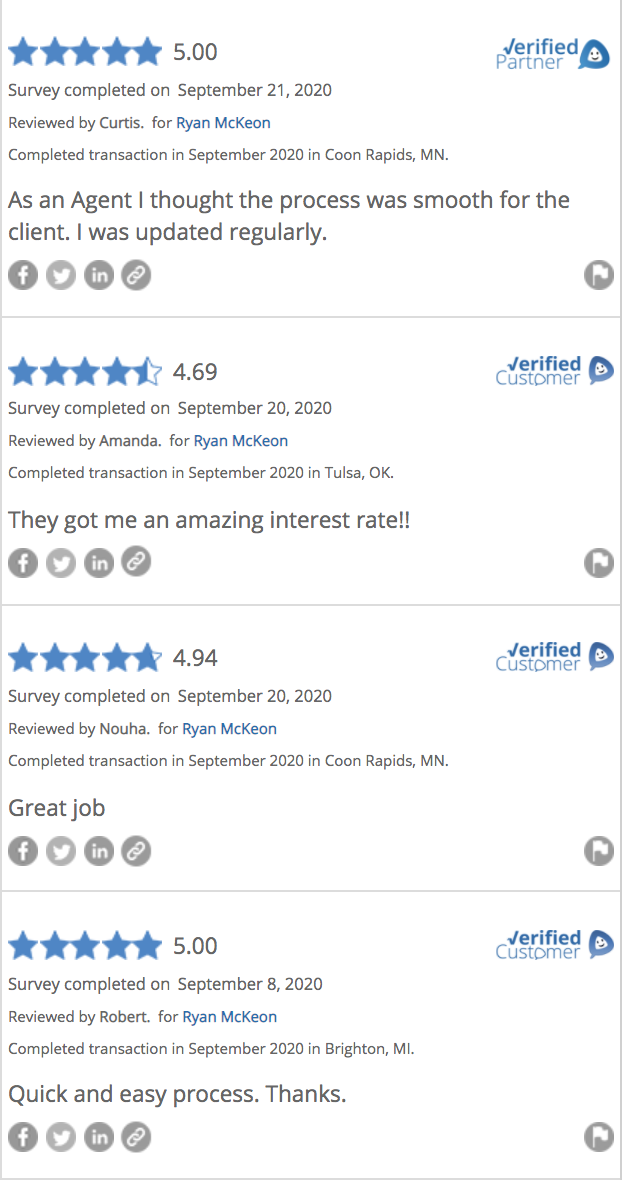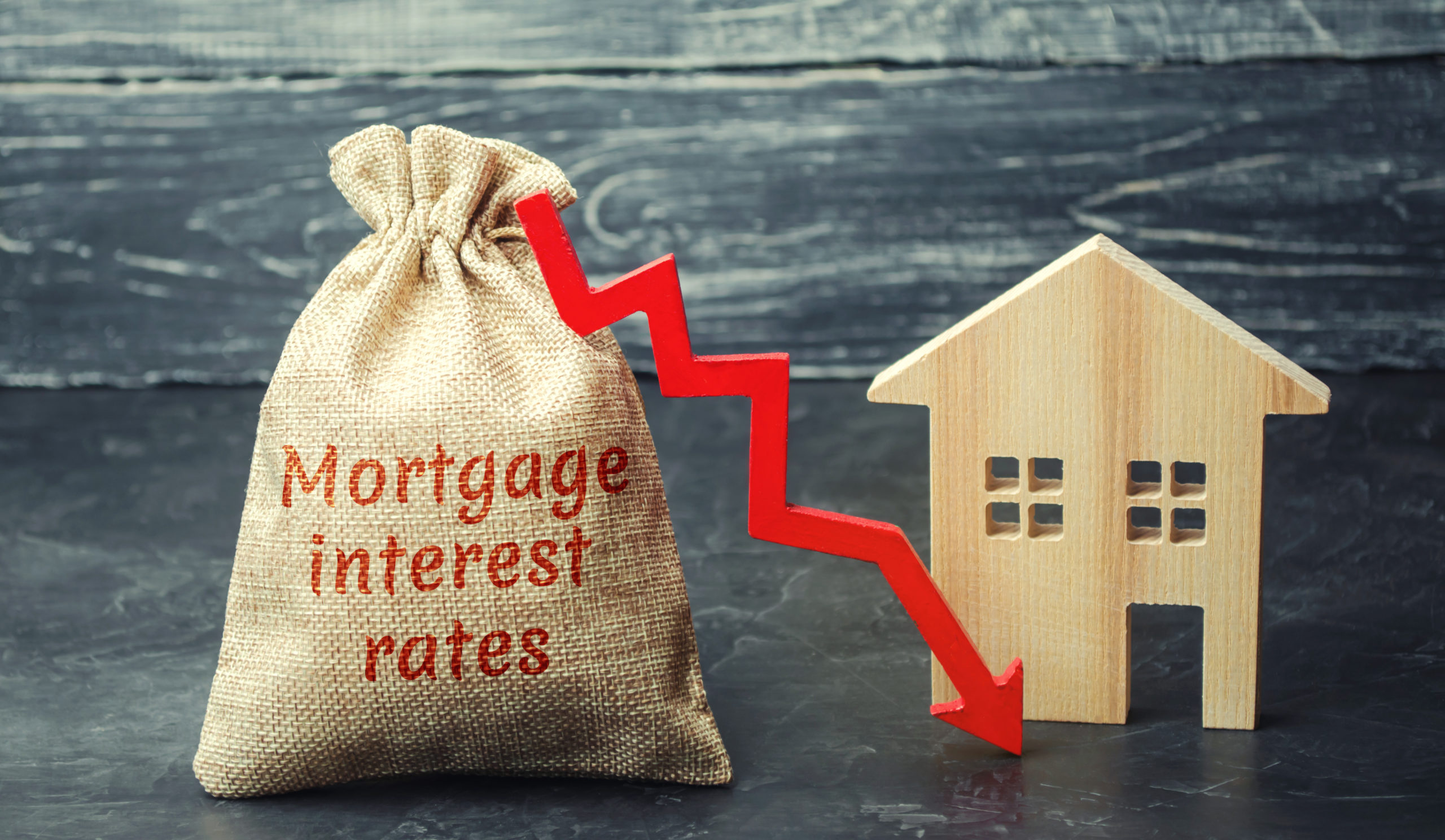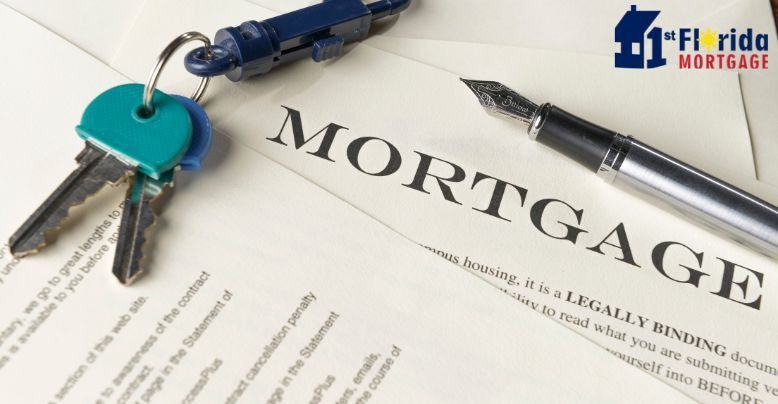FHA loans remain among the most popular loan types available to first-time home buyers and those with low to moderate incomes living in Florida. The program offers a range of low-cost financing options, making it desirable for many borrowers. In addition, the minimum score requirement of 500 allows many people with poor credit to qualify for a home loan, and the low down payment requirement of 3.5% makes it easier for borrowers to afford a home.
No matter what style of homes you’re interested in, your trusted 1st Florida mortgage company has a loan program that will fit your individual needs and budget.
So let us explore the different types of FHA loans currently available and what you need to know to choose the right one.
Fixed-Rate FHA Loans
A fixed-rate mortgage is just what it sounds like – your interest rate remains fixed for the life of the loan. This can be an excellent choice for those who want predictability and stability in their monthly payments and can be availed for buying:
- Single-family Homes
- Townhomes
- Condos
as far as it meets FHA property requirements.
The rates offered in Fixed Rate FHA Loans are typically lower and more competitive than others, and the required credit qualification varies between lenders. Today, most mortgage lenders in Florida require a score of 620 or better to qualify for this loan type.
However, if you have a score of less than 620 and if you are not in dire need to buy a home, your lender may advise you to improve your credit score and reapply in 6 to 12 months. Improved credit score will fetch you a much better interest rate and terms and savings.
The fixed-rate FHA loan is an excellent option for many borrowers as it has helped many to purchase their dream home without having to go through the hassles of a variable-rate mortgage. However, the monthly mortgage insurance premium (MIP) is required for the life of the loan unless you pay 10% or more as a down payment or refinance with a different mortgage product such as conventional loans in Florida. This could be a downside for some borrowers.
Adjustable-Rate FHA Loans
An adjustable-rate mortgage (ARM) is a loan where the interest rate changes over time. This type of loan can be great for those who plan to stay in their home for a short period or those who know they will increase income in the future. The initial interest rates on ARMs are typically lower than fixed-rate mortgages; however, after the introductory rate period is over, the interest rate adjusts to reflect current market conditions.
There are several term options available when choosing an ARM, determining how often the interest rate changes.
- One and three-year ARMs are the most popular, as they offer lower interest rates and are shorter in terms of duration.
- Five, seven, and ten-year ARMs are also available but should be chosen with caution as the longer the term, the higher the risk that the interest rate will increase more than it would on a shorter-term ARM.
203k Loans
The 203k is a special FHA loan that allows homebuyers to finance the purchase and rehabilitation of the property simultaneously. The idea is that by funding the purchase and repairs into one loan, it’s easier for the borrower to afford both the mortgage and the necessary maintenance, making it ideal for borrowers who want to customize their homes to their specific needs.
You can apply for a loan amount more than the home’s purchase price, as long as the repairs needed fall within the accepted limits. These loans can be used for a variety of repairs, such as
- Adding a new room or bathroom
- Fixing the roof
- Upgrading the plumbing or electrical system
The downside to 203k loans is that they can be more challenging to qualify for than a standard FHA loan, and they typically have higher interest rates. In addition, you’ll need to work with a 203k lender who is specially trained in processing these types of loans.
FHA Condominium Loan
Many are unaware that you can buy a condo with an FHA loan. These Florida home loans are available for both single-family and multi-unit condos, and they come with all the same benefits as regular FHA loans. This includes a low down payment requirement (as little as 3.5%) and easy credit qualification.
However, there are some restrictions when using an FHA loan for buying a condo. You will have to look for a community that shows up on the FHA-approved condo list and must meet specific requirements such as:
- High ratio of owner-occupied unit
- Fewer restrictions on buying and selling
- No delinquent condo fees or mortgage payments
- No rent pooling agreements
The easiest way to ensure a condo is FHA-approved is to check the FHA list of approved developments. However, also be aware that some condo associations may have a lapse in their approval status, so it’s always best to double-check with both the condo association and the lender before applying.
Mobile Home Loans
Buying a manufactured or mobile home with an FHA loan is possible, but finding a lender who offers these loans may take a few extra steps. Manufactured mobile homes are viewed as personal property, not real estate, and many lenders are hesitant to provide mortgages on private property as they consider it a higher risk.
That said, there are still lenders in Florida who offer mobile home loans, and the FHA loans Florida does have a specific loan product for manufactured homes. The loan amount for a mobile home is based on the lesser purchase price or the manufactured home’s appraised value. In addition, the FHA allows for financing of the lot on which the home sits, and the term for the loan can be up to 30 years if used to finance both the lot and the mobile home.
One catch to mobile home loans is that the interest rates are typically higher than those for a traditional home mortgage. So if you’re thinking of buying a mobile home, be sure to compare interest rates from different Florida mortgage companies to find the best deal.
FHA Energy Efficient Mortgages
The FHA offers a unique mortgage product for energy-efficient homes, the Energy Efficient Mortgage or EEM. This loan is designed to help home buyers finance the purchase of an energy-efficient home or make energy-saving improvements to an existing home.
The EEM can be used in conjunction with an FHA loan product and allows the borrower to finance up to 100% of the home’s value. This means you can buy a more energy-efficient home with less money down and may even be able to roll the cost of improvements into your mortgage.
One important thing to note about the EEM is that it requires an energy assessment of the home. This assessment will help identify ways to make your home more energy-efficient, and the cost of these improvements can be included in the loan amount.
Graduated Payment Mortgage (GPM) and Graduated Equity Mortgage (GEM)
Borrowers who expect their incomes to increase over time may want to consider GPM or GEM. This type of mortgage starts with lower monthly payments that gradually increase over time. This can be a valuable option for young borrowers who are just beginning their careers and expect their incomes to grow over the next few years. However, there are some differences between the two types.
GPM: With this kind of loan, the payment increases annually, and the difference between lower payment and the eventual fully amortized payment is added to the loan balance. So, you’ll pay more interest on this mortgage in the long run.
GEM: With a GEM, on the other hand, the payment increases monthly, resulting in a shorter loan term. This can save you money in interest payments, but it’s crucial to afford the higher monthly payments down the line.
Both GPM and GEM offer borrowers the ability to buy a more expensive home than they could with a traditional mortgage. And, as with all FHA Florida home loans, both GPM and GEM come with flexible qualifying requirements.
FHA Reverse Mortgages
The home equity reverse mortgage, also known as the HECM loan, is a type of mortgage that allows seniors to borrow against their home equity. With a reverse mortgage, the borrower doesn’t make any monthly payments but instead receives a regular stream of revenues from the lender. This can be helpful for seniors who are no longer working and have little or no income.
Keep in mind that a reverse mortgage is a loan and must be repaid eventually. The amount you owe will increase over time as the interest on the loan compounds, so it’s essential to understand all the terms and conditions before you apply.
The Bottom Line on Choosing an FHA Loan
There are many different types of FHA loans available, and each one has its benefits and drawbacks. So it’s important to do your research and compare your options before deciding which type of loan is right for you. While an FHA loan is a great fit for borrowers with less-than-perfect credit or someone unable to make a sizable down payment, it’s important to remember that there are some tradeoffs, such as higher interest rates.
So be sure to weigh the pros and cons of each loan before you decide. And still, if you think FHA is right for you, 1st Florida Mortgage company can help you find the perfect loan product for your needs. Refer to our complete guide on FHA loans to learn more.
